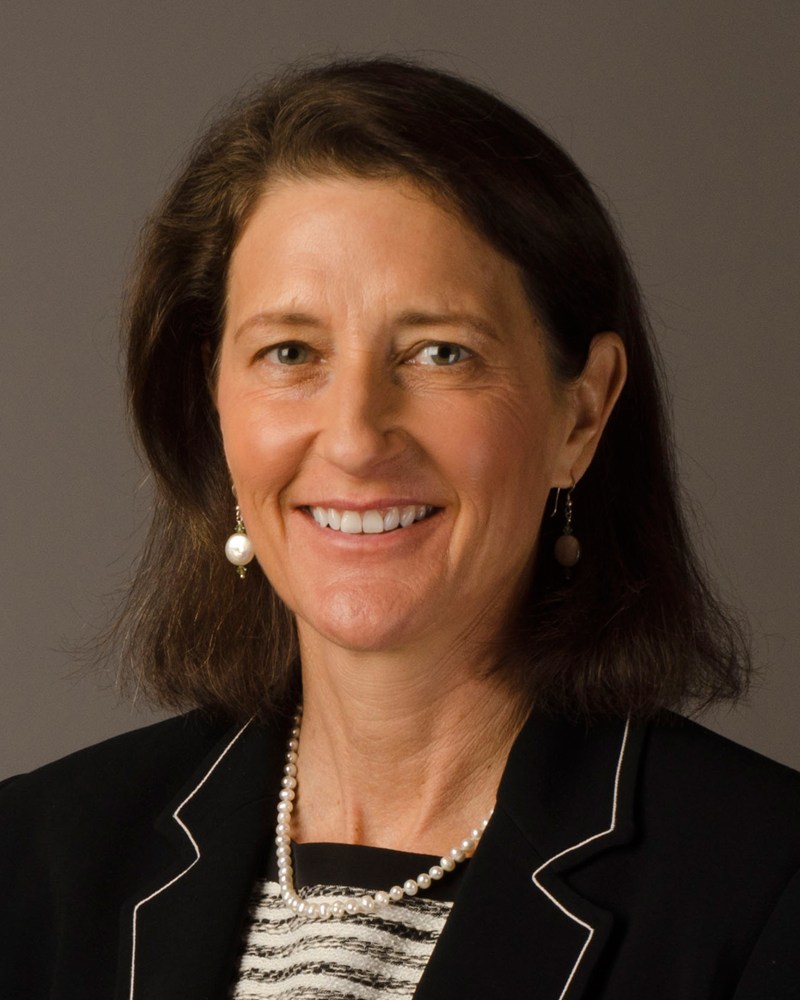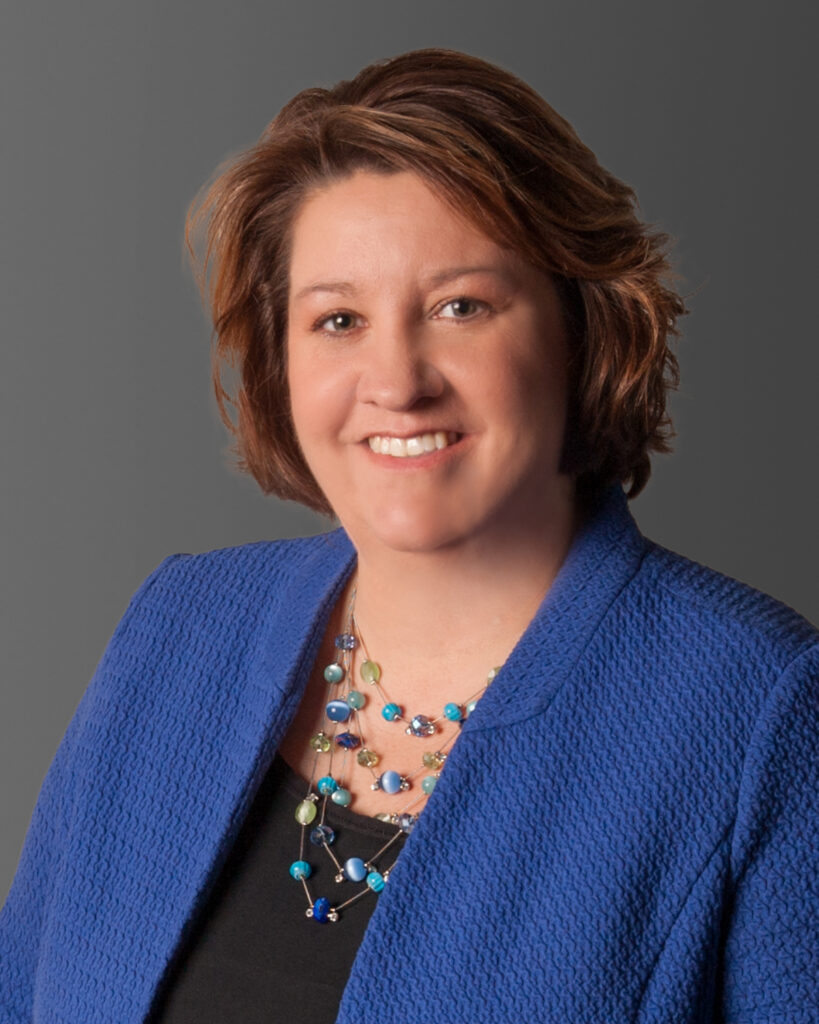The 4 tenets of accounting firm DHG’s return-to-work program
Called ‘DHG Anywhere,’ the new set of hybrid policies come after employees called for a new normal.

Side view of mature man with laptop working outdoors in garden, home office concept.
Dixon Hughes Goodman, the largest public accounting firm in the Southern U.S., has launched a return-to-work strategy, titled “DHG Anywhere.”
The plan embraces a hybrid workforce for all of its 2,300 employees, including those at its corporate headquarters in Charlotte, North Carolina, starting in September.
“Without a doubt, it was clear that our team members desired a more flexible approach,” says Tricia Wilson, managing partner of talent and leadership and executive sponsor for the program. “We heard time and time again that team members wanted to continue having the flexibility to work from home. This truly informed our decision to go hybrid.”

The resulting policies included:
- A hybrid-by-default setting for all employees
- A flexible workplace policy designed to take in client, team, and employee needs
- The creation of “Align Groups” to maintain culture and career accountability
- Free addressing for office spaces
DHG used several tactics to inform its decision, including a task force and extensive use of employee surveys.
Taskforce efforts
To build its return-to-work strategy, DHG created a task force of more than 60 employees from all areas and levels within the firm. It divided the group into four workstreams: workspace, workforce, culture, and clients. A firm partner leads each workstream with diverse members from their teams.
“We’ve had great success with taskforces in the past,” Wilson says. “We used a similar structure to help guide our entire COVID-19 plan and communications.”
Wilson says the collaboration structure works well, using a cross-section of teams with various perspectives and backgrounds. Team members broke the workload into smaller segments so they could focus on details. The task force’s efforts were regularly communicated during monthly CEO addresses, so employees were aware of the process. It also gave taskforce members a sense of mission regarding their work, Wilson says. The only drawback was not getting started sooner. The IRS deadline extension meant the accounting firm delayed in rolling out the task force sooner. By the time the task force finished, it had chosen a post-Labor Day launch for new policies.
Align Groups
Recognizing that company culture looks different in a hybrid setting, DHG set out to recreate a way for in-person casual connections to take place in a hybrid or virtual environment.
Their answer was the creation of “Align Groups.” “We believe we have a really special culture here and we don’t want to lose it,” says Chief People Officer Katrina Thompson. “We’re looking to Align Groups to help us with that connectivity.”
The intent for the groups is to mimic a natural alignment with coworkers who may work in the same industry, service line or with the same types of clients. A knowledgeable partner will lead a group of 10 people on a spectrum from entry-level to senior managers. Leaders are chosen for their communication, relationship and coaching skills.
But the groups go deeper than just project updates, scheduling and work preferences. DHG expects the leaders to keep an eye on morale and career advancements as well. “This means there is someone in the firm who’s responsible for the career success of each individual,” Wilson says. “There will be clear expectations. Accountability will be measured via success surveys.”
DHG is still designing how to build knowledge and skills around coaching in a hybrid model. It adopted a phased approach for coaching enhancements starting in the fall. “We have a clearly defined evaluation system for all levels in the firm and will continue to use these tools,” Wilson says. “We offer anytime feedback, a reward and recognition system, and a weekly task tool to help us manage accountability.”
Flexibility going forward
DHG’s employee surveys revealed that the vast majority of workers sought a hybrid workplace. About 10% wanted to return full time to the office. Thompson said about 70% were adamant that the future of work at DHG look different from the pre-pandemic workplace. Currently, only 11% will be completely virtual.

DHG responded with a hybrid-by-default policy for every employee. Workers choose their own days in the office, determined by the needs of DHG clients, teams, and personal preferences.
“Instead of being prescriptive about the number of days, we decided to put together a decision tree,” says Thompson. “We’re calling it ‘Flex for Your Day.’ More than anything, we’re trusting people to make the right decisions. For the handful that don’t, we’ll deal with that. But that’s our philosophy.”
Thompson used the example of a personal need cropping up that would trump a team or client need. However, in the day in and day out, client needs will come first.
No demographic patterns have emerged among employees choosing workplace styles, Thompson says. While the task force had expected to see them, ultimately there were various reasons employees decided to go hybrid. The office model also allows more flexibility in hiring, and Thompson expects to see the firm recruiting more virtually than previously.
Meanwhile, DHG implemented a new coaching tool, Standout, to support weekly check-ins between coaches and team members. It’s also developing a resource guide for leaders to teach best practices around the new flexibility.
As its new hybrid workplace becomes a reality, DHG expects its real estate footprint to change, too. It began a shift to no desk assigned space pre-pandemic, starting with the C-Suite. That will be routine across the office now, with space reservations. In the middle of office bays are meeting spaces with screens, whiteboards, smart boards and laptop connections. These areas use mask mandates based on current CDC guidelines.
DHG also created its own dashboard to track Covid-19 spread, which will continue as the Delta variant sweeps the country. As DHG Anywhere rolls out, the organization will continue to routinely survey employees to see where adjustments are needed.
“We expect that it will be fluid, and it will change, and we’re really trying to live by that idea of ‘rooted in flexibility,’” says Thompson. “We figure if we want to give people flexibility, then we shouldn’t have a great deal of structure around that flexibility.”
Part of our collection of Top Reads of 2021.
COMMENT
Ragan.com Daily Headlines
RECOMMENDED READING
Tags: "Align Groups", DHG, Dixon Hughes Goodman, employee engagement, flexibility, hybrid workspace, katrina thompson, large accounting firms, new normal, pandemic, return to work, return-to-work, Tricia Wilson

